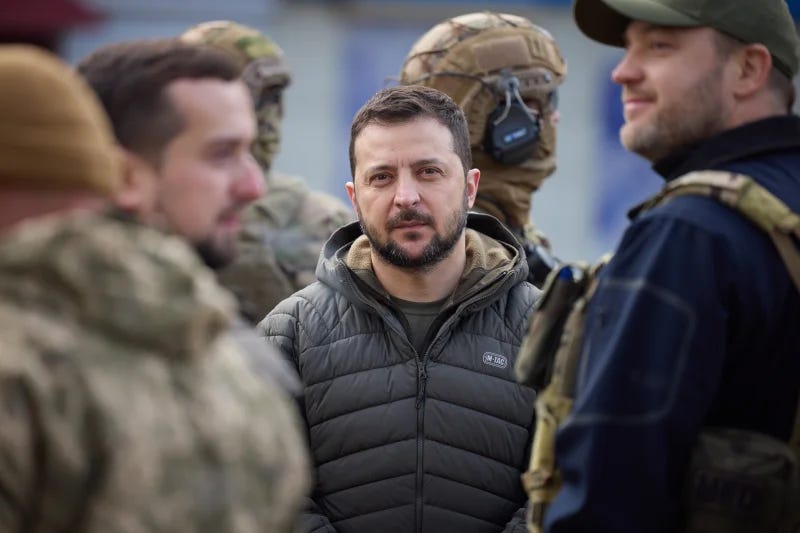Hello, and happy Friday! This time next week, I will be preparing to watch my home country (the United States) and my home of choice (England) face off at the 2022 World Cup in Qatar.
I know what you’re thinking—the U.S. is obviously doomed. I thought so too. But having since read up on past U.S.-England matches, I’m not quite as sure anymore. The last time both countries faced each other at a World Cup, in 2010, it ended in a draw. Forty years earlier, at the 1950 World Cup in Brazil, the U.S. defeated England 1-0.
Coming off the back of an impressive Euro 2020 tournament, one might expect the Three Lions to have this game in the bag. As an England fan, I wouldn’t be upset if they did. But I can’t help but wonder, even hope, that the U.S. will give the English side a run for their money. After all, everyone loves an underdog—especially when they happen to be your underdog.
I’ll probably be happy regardless of the result, because I’ll feel like I’ve won either way. What I’m less sure about is which team’s jersey I should wear on the day. If you have strong opinions on the matter, hit ‘reply’ and let me know.
What I’ve written
I’ve been hearing a lot about the prospect of Ukraine “war fatigue” setting in as the world braces for a difficult economic winter. So I decided to speak with pollsters, analysts, and lawmakers about whether it could really take hold in the West and what governments can do to prevent that from happening:
Lawmakers in the U.S. and Europe’s largest economies tell TIME that although support for Ukraine remains remarkably stable in their respective countries so far, the prospect of that changing amid a difficult economic winter is not something that can be ignored.
“Western public opinions are a front of the war for [Russian President Vladimir] Putin,” says Benjamin Haddad, a French lawmaker and the spokesperson for Emmanuel Macron’s ruling Renaissance Party in the National Assembly. “He is playing on energy as a weapon to increase energy prices, he is supporting populist movements—all because he understands that transatlantic support for Ukraine has been a key element of the successful Ukrainian resistance.” Keep reading here
Scholars of civil resistance tell us that high levels of women participation tend to make mass movements more inclusive, innovative, nonviolent, and, crucially, more likely to achieve their goals. I wrote about what that means for Iran, whose women- and youth-led protest movement has entered its second month:
But the centrality of women in these protests matter for reasons that go beyond representation or equality. That’s because, according to scholars of civil resistance, high levels of women participation tend to make mass movements more inclusive, innovative, nonviolent, and, crucially, more likely to achieve their goals. The prevailing question facing Iran is whether these protests will prove to be representative of, or the exception to, that rule.
I also wrote about:
What I’ve read
This great piece about soccer, the sport of short kings (The Atlantic)
Sure, it’s great to have a big, tall defender who can dominate in the air and intimidate attackers, or a massive striker who can hold up play and shrug off attempts to throw him off balance. There are certainly physical advantages to being tall in football; just ask Cristiano Ronaldo or Zlatan Ibrahimović. But being short offers its own set of advantages—a low center of gravity, a smaller target, and increased mobility in tight spaces. Having a great football team tends to be like putting together a squad to kill a dragon and get your mountain of gold back: You need a tricksy Hobbit to get the job done.
This piece on what Donald Trump and Ron DeSantis tell us about the future of the American right (Vox)
The Florida governor, who won a blowout victory in his reelection bid last week, is not a Republican cut from the Bush-Cheney-Romney cloth. He represents an evolution of Trumpism, a new way of channeling the illiberal populist forces unleashed by the former president’s rise to power in 2016.
His ascendancy as Trump’s principal challenger represents not the return of the GOP establishment, but its adaptation to the insurgency that defeated it six years ago. His model is less John McCain or Mitt Romney, the last two GOP nominees before Trump, than Hungarian Prime Minister Viktor Orban — a leader who, after being elected in 2010, proceeded to use his right-wing populist ideology as a cover for authoritarian power grabs.
This look inside the fringes of the young British right (Unherd)
These young Tories are stripping the American Right for parts. They believe that until the British Right comes out fighting, it will keep losing the culture. Hard-line positions on migration and identity must be found. Cultural enemies must be identified, then ridiculed. For them, politics is about figuring out who hates who, then sharpening those hatreds into flints. “Once the States are taken back,” one lad says, once Donald Trump wins again, “it will influence conservatives here. Then the Tories will stop being so shit.”
What I’ve been thinking about
In June, I made the case for the U.S. conducting its own investigation into the killing of Palestinian American journalist Shireen Abu Akleh. This week, it was revealed that the U.S. Department of Justice will be doing just that. May it achieve the accountability and justice that Shireen and her family deserve.
Until next time,
Yasmeen





